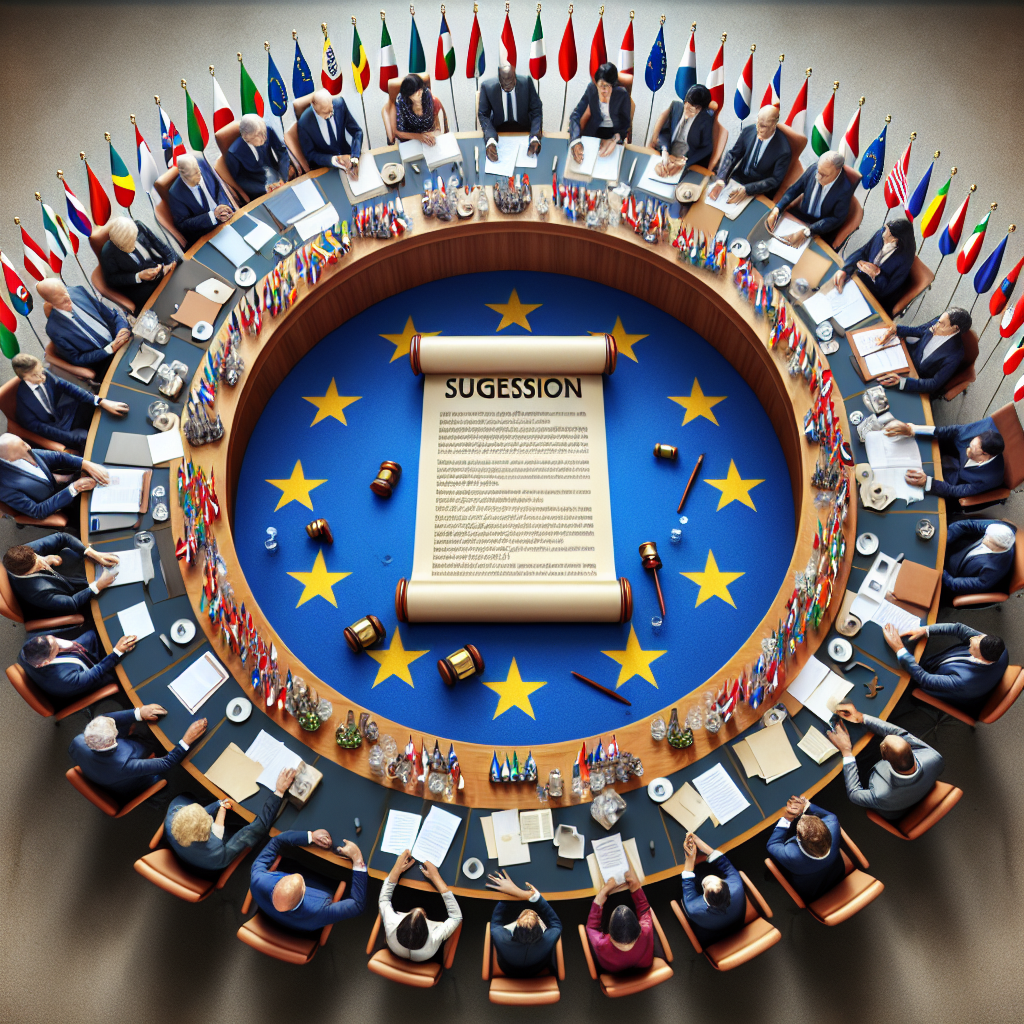EU’s Roadmap to End Russian Energy Dependency Delayed Again
The European Commission will announce a detailed plan next month to phase out Russian oil and gas imports, delayed twice previously. While the EU aims to cease relying on Russian fossil fuels by 2027 due to the Ukraine conflict, internal challenges and external factors, such as U.S. tariffs, have stalled progress.

The European Commission is gearing up to unveil a long-awaited strategy to cease Russian oil and gas imports next month, following two earlier postponements. Initially slated for release last month, this roadmap responds to the EU's vow to phase out Russian fossil fuels by 2027 amidst geopolitical tensions stemming from Moscow's 2022 invasion of Ukraine.
Delays have arisen partly from the uncertainty related to U.S. President Donald Trump's proposed tariffs. These could potentially influence EU-U.S. trade discussions, according to EU officials. Although Russian pipeline gas deliveries have sharply declined since 2022, the EU imported more liquefied natural gas (LNG) from Russia last year and received 19% of its 2024 gas and LNG supply from there.
There have been no EU sanctions on Russian gas imports, contrasting with its stance on oil. Unanimous agreement among EU countries is needed for energy sanctions, which Hungary has threatened to veto. Alternatives, such as leveraging U.S. LNG to fill the gap, are under consideration. However, reliance on U.S. gas introduces vulnerabilities as it becomes a possible bargaining chip in trade negotiations.
(With inputs from agencies.)










